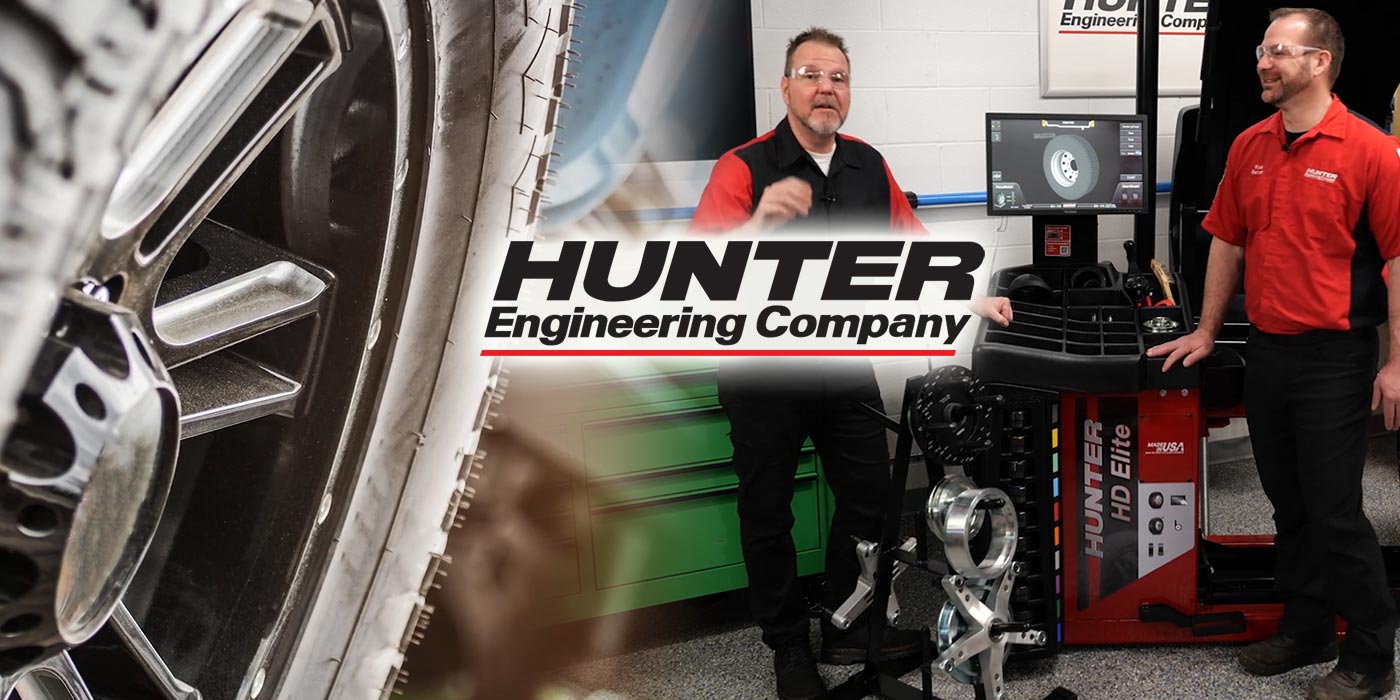The ELD Mandate required all carriers in the industry, regardless of size, to utilize electronic logging devices registered with the Federal Motor Carrier and Safety Administration, or FMCSA. When the administration released the Final Ruling in 2015, carriers were given a two-year time frame to transition their written logs to ELDs, but when the December 2017 deadline approached, many in the industry still weren’t ready. Needless to say, this was a BIG change for industry operations. Fortunately, the massive transition was well worth all the effort as fleet owners, operators and managers started discovering the return of investment in a relatively prompt manner.
So, can ELDs reduce operation costs? The answer to this one is yes!
The use of ELDs ensures that any violations regarding hours of service are brought to the immediate attention of the fleet manager and driver. Even if a fleet assumed they had been operating in compliance with the regulation, paper logs are prone to error and run the risk of being overlooked. Now, with the ELD mandate in place, discrepancies won’t go undetected – allowing you to avoid the costly fines that result from HOS penalties. On top of this, potentially costly driver behaviors such as hard braking, excessive idling or over-acceleration will be caught by the system allowing fleet managers to address and correct unwanted driving habits. In turn, this could save money typically invested into additional maintenance and repairs while also diminishing the need for increased downtime.
The benefits of increased real-time visibility additionally aids in route planning and allows for managers to better track drivers out on the road. Being that the ELD is connected to the vehicles diagnostic port as well, it allows the active tracking of fault-codes and will alert the user of any recurring issues. This allows the driver and fleet manager the opportunity to identify the root cause thanks to instant alerts and thorough reports. Vehicle maintenance is vital to productivity and this allows you to take precautionary measures to keep your trucks rolling. Say goodbye to the strenuous task of filing quarterly IFTA reports. This is a process which requires a lot of time and a lot of paperwork.
The incorporation of ELDs makes this a much more efficient process by automating IFTA calculations. This saves money and time and ensures that the report will be accurate on all accounts. According to an estimate from the FMCSA, ELD utilization will help save around 26 lives and prevent more than 500 injuries every year.
Additionally, the technology also ensures drivers aren’t fatigued while behind the wheel which aids in making the roads safer for everyone By all accounts, the utilization of electronic logging devices will help your fleet’s efficiency, safety and bottom line.













